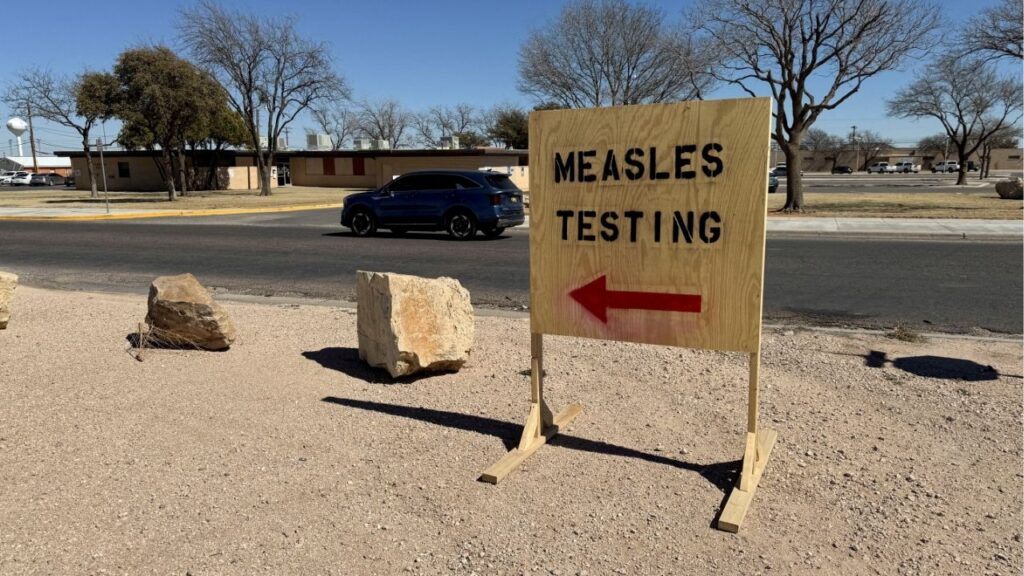Rally attendees await the arrival of former President Donald Trump, the Republican nominee for president, in Wilmington, N.C., on Saturday, Sept. 21, 2024. Trump said in an interview broadcast on Sunday that he did not think he would run again in 2028 if he lost this year. (Haiyun Jiang/The New York Times)
Share
|
Getting your Trinity Audio player ready...
|
Former President Donald Trump said in an interview broadcast Sunday that he did not think he would run again in 2028 if he lost this year.
“No, I don’t,” Trump told a reporter from Sinclair Broadcast Group, a conservative conglomerate. “I think that that will be, that will be it. I don’t see that at all. I think that hopefully we’re going to be successful.”
Related Story: Harris Reaches Agreement on Transition Planning With Biden Administration, No ...
Trump would be 82 on Election Day in 2028, older than President Joe Biden is now. This year’s election is already his third consecutive time being the Republican nominee, after he won in 2016 and lost in 2020. In the modern party system, only Franklin D. Roosevelt has ever received a major party’s nomination four times, though a handful have matched Trump with three.
It’s not the first time Trump has made such a comment. In 2020, he said if he lost to Biden, “You’ll never see me again.” At the time, the Biden campaign cut an ad with those remarks — and Vice President Kamala Harris’ campaign on Monday posted a video of Trump’s recent interview on social media, adding, “Let’s turn the page.”
Related Story: Suspect in Trump Assassination Attempt Outlined Plans in Note
The question of whether Trump would try again in four years if he lost is a step ahead of a more immediate matter: whether he would accept a loss this year to begin with.
When Trump lost in 2020, he refused to concede and led a sprawling attempt to overturn the result based on the lie that the election was stolen, culminating with his supporters’ storming of the Capitol on Jan. 6, 2021. He has refused to commit to accepting the results this year, either, and has preemptively sown doubt about them.
–
This article originally appeared in The New York Times.
By Maggie Astor/Haiyun Jiang
c. 2024 The New York Times Company



















